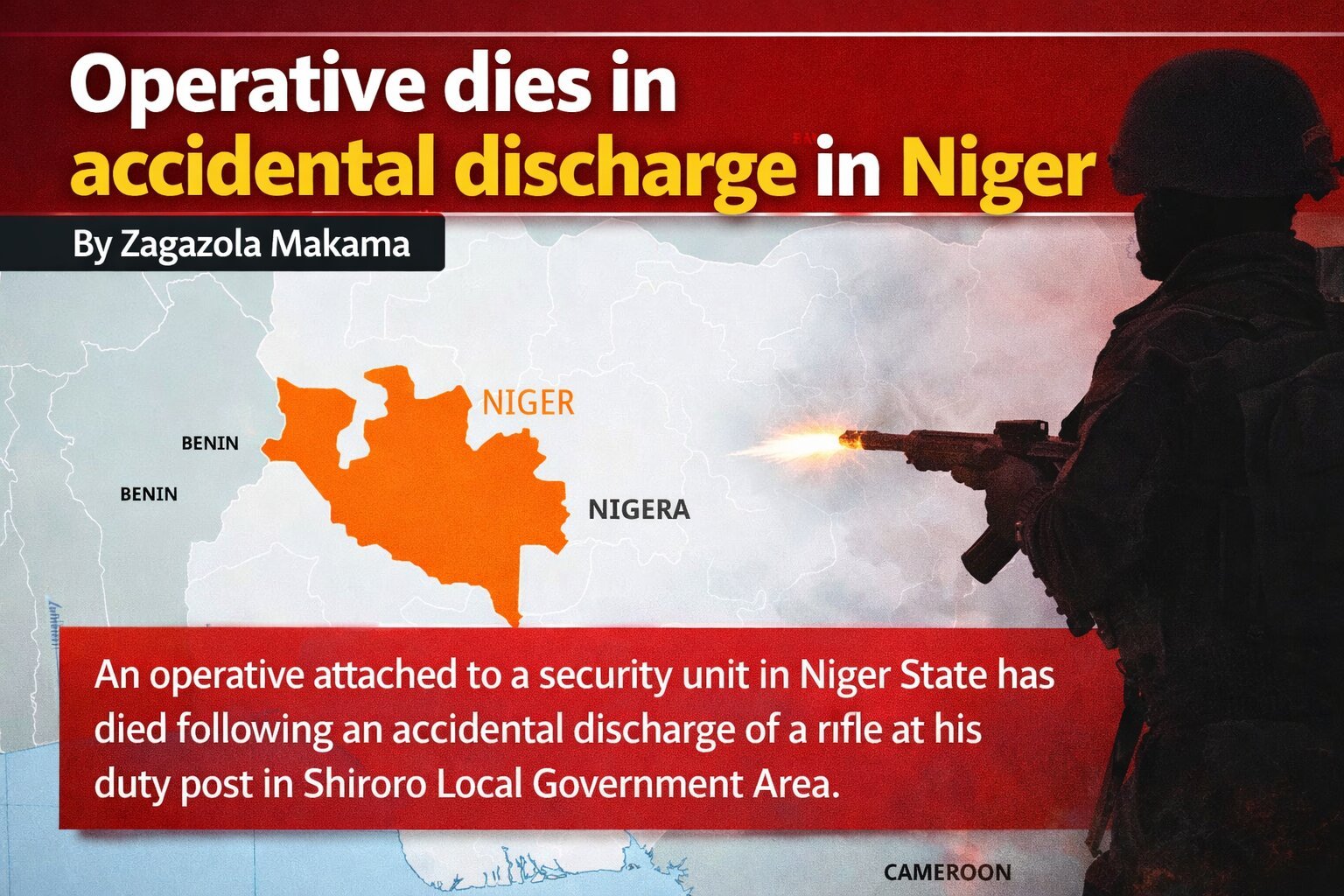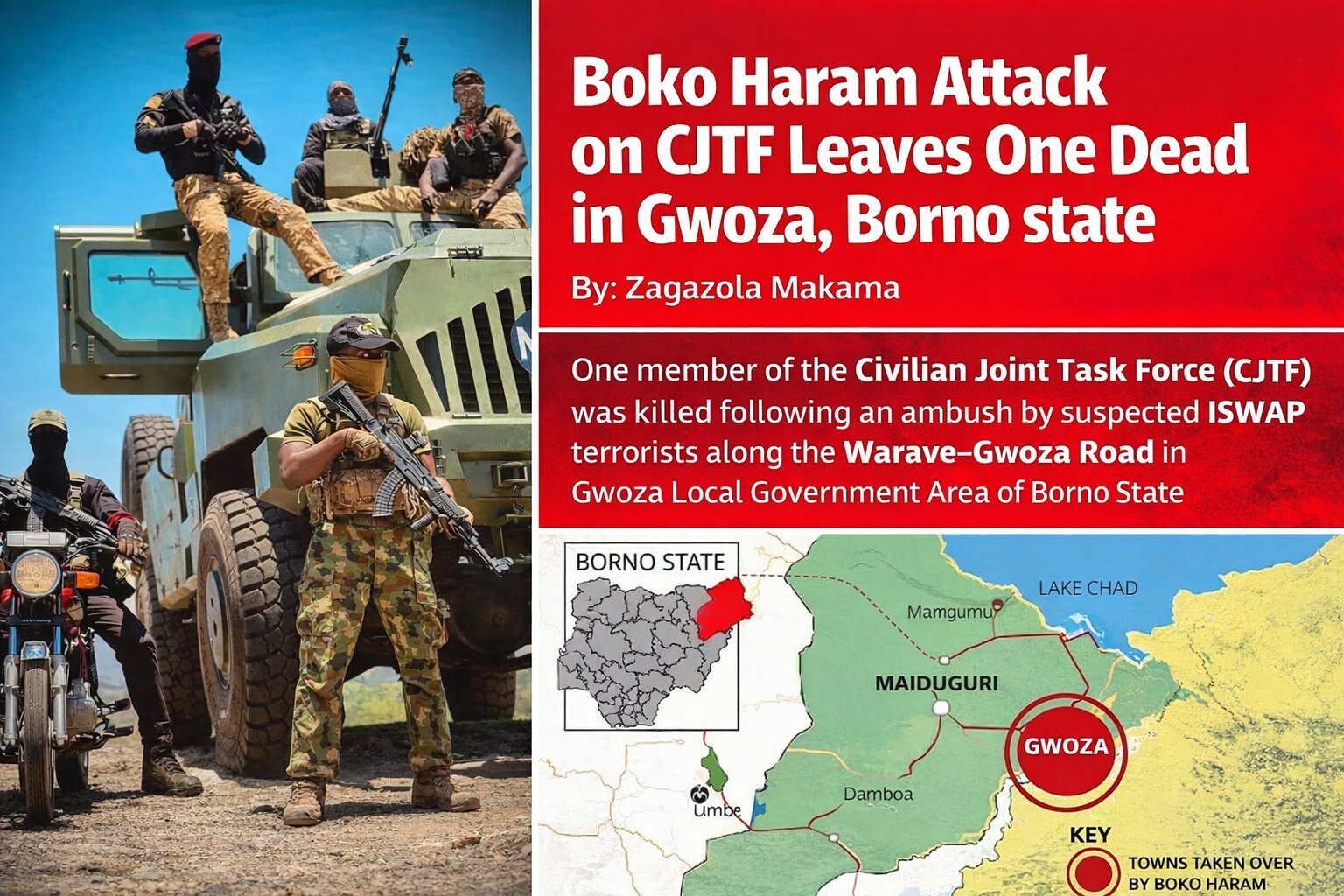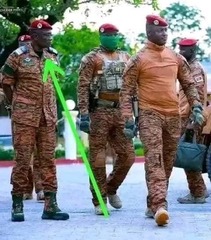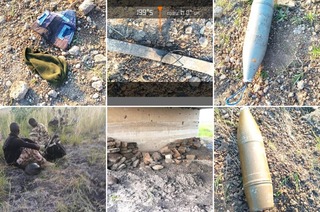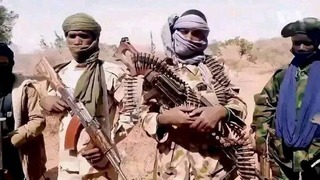Rising Extremism in Nigeria: Dangerous Spread of Radical Ideology
By: Zagazola Makama
The proliferation of extremist ideology is emerging as a significant security threat across Nigeria, particularly marked by the activities of radical groups such as Boko Haram and the Indigenous People of Biafra (IPOB). These groups are not only advocating for violent ideologies but are also gaining traction among vulnerable populations, raising alarms about national security.
One particularly concerning figure is Muhammad ibn Muhammad, a self-proclaimed Islamic cleric from Niger State. His sermons, which have gained popularity on social media platforms like Facebook and Telegram, lean heavily towards Boko Haram's extremist ideology. Muhammad has been criticized for discrediting other Islamic clerics and promoting a narrative that aligns with global terrorist organizations, including factions of Boko Haram and ISWAP.
Despite the Niger State government suspending his activities following numerous complaints from fellow clerics, Muhammad continues to propagate his radical views, attracting a growing audience. His claims of being a graduate of Al-Azhar University in Egypt have been debunked by fellow alumni, who confirmed he dropped out after just one year. Nevertheless, his influence persists, as he continues to criticize established religious leaders in Northern Nigeria from an undisclosed location.
The implications of Muhammad's activities extend beyond Niger State; they pose a serious threat to national security, particularly in Northern Nigeria. His rise echoes the earlier emergence of extremist groups like Dares Salam in Mokwa, which eventually splintered into more notorious factions, including Boko Haram. The failure to dismantle such groups comprehensively has allowed extremist ideologies to fester and evolve.
The Niger State government’s timely suspension of Muhammad ibn Muhammad is a step in the right direction, yet his growing popularity—echoing the rhetoric of Boko Haram's founder, Muhammad Yusuf has sparked widespread concern among citizens. The rapid dissemination of his sermons is creating an atmosphere of fear and apprehension, as more individuals are drawn into his radical ideology.
To address this escalating threat, it is crucial for the Niger State government to adopt proactive measures similar to the Kano State model, which emphasizes open debate and prosecution of radical figures. Establishing a committee of respected clerics from various Islamic sects to engage Muhammad in public discourse could help counter his influence while fostering a more moderate interpretation of Islam.
Additionally, authorities must intensify surveillance of Muhammad and investigate potential sponsorship or support networks that may be facilitating his radical agenda. Collaborating with the Department of State Services (DSS) and the Nigeria Police Force (NPF) will be essential in identifying his associates and curbing the spread of extremist ideologies.
As Nigeria confronts the dangerous dimensions of rising extremism, it is imperative for government officials, religious leaders, and communities to work together to combat radicalization and protect national security. The stakes have never been higher, and decisive action is needed to prevent the further spread of dangerous ideologies that threaten the fabric of society.









